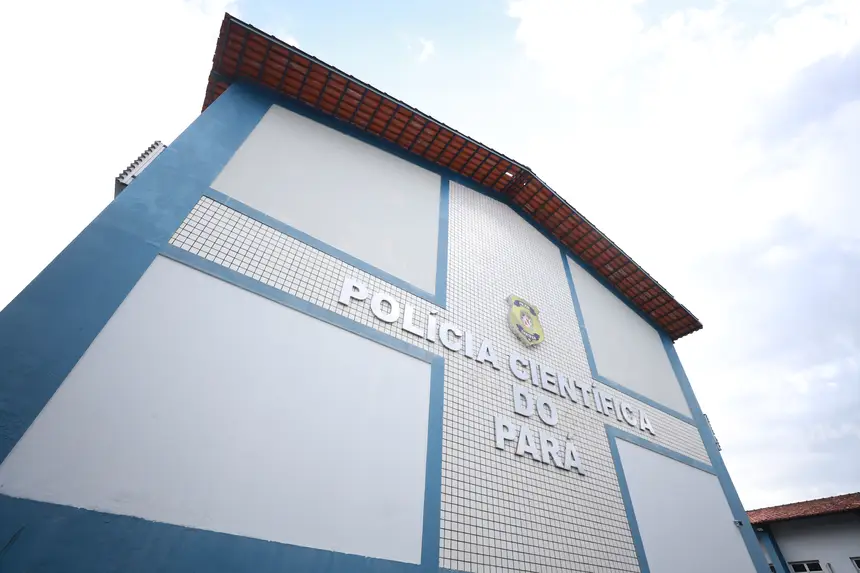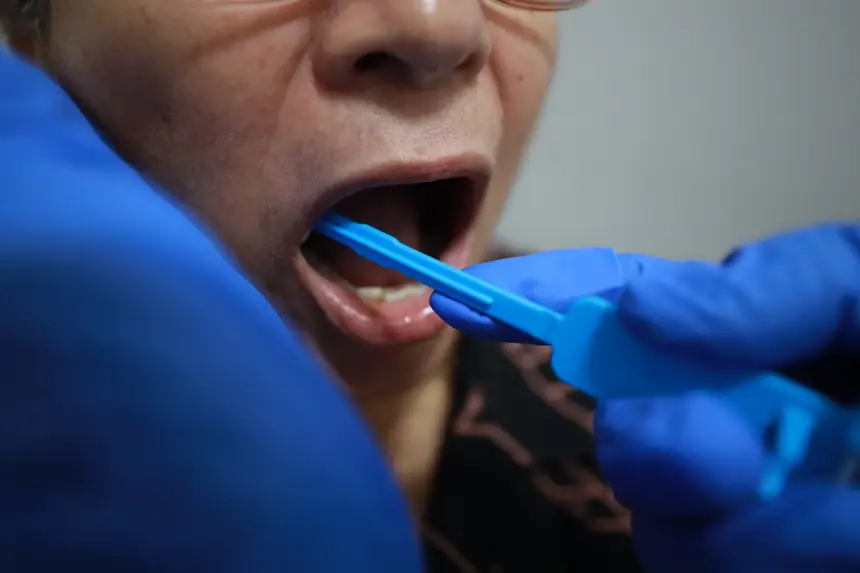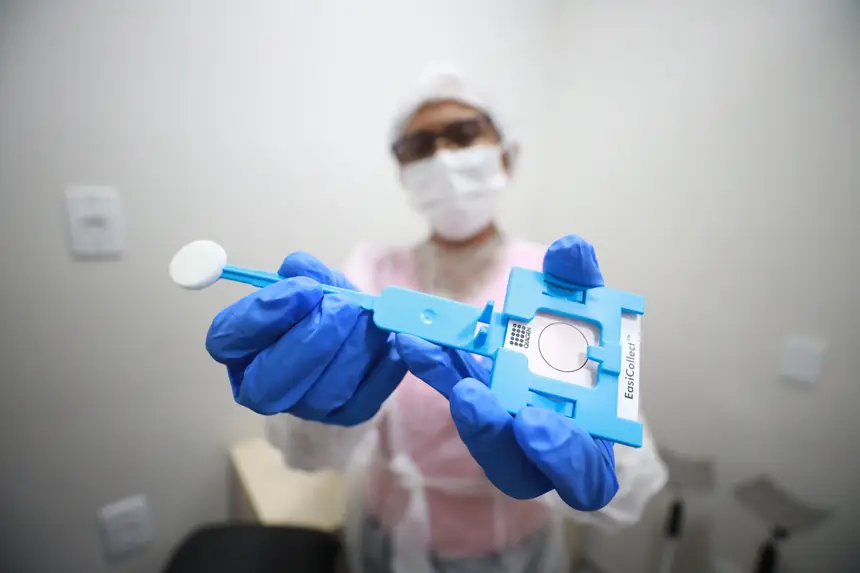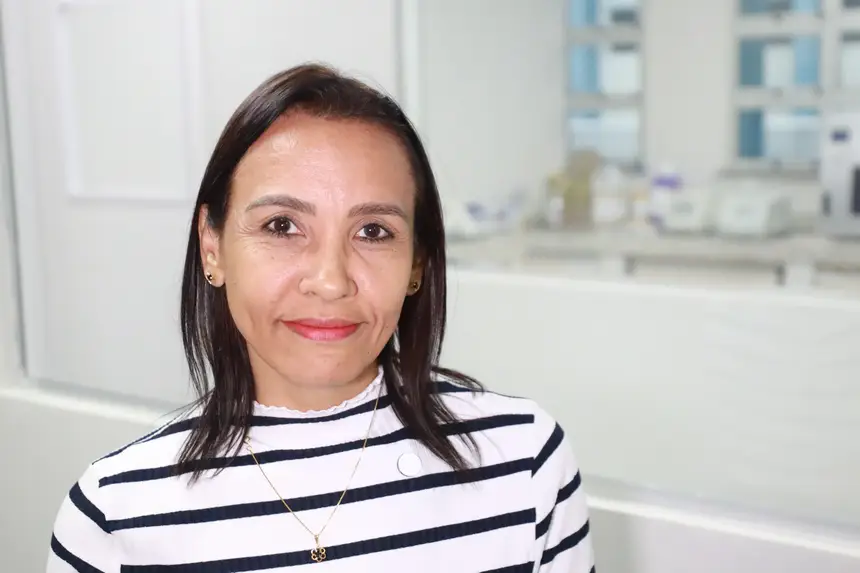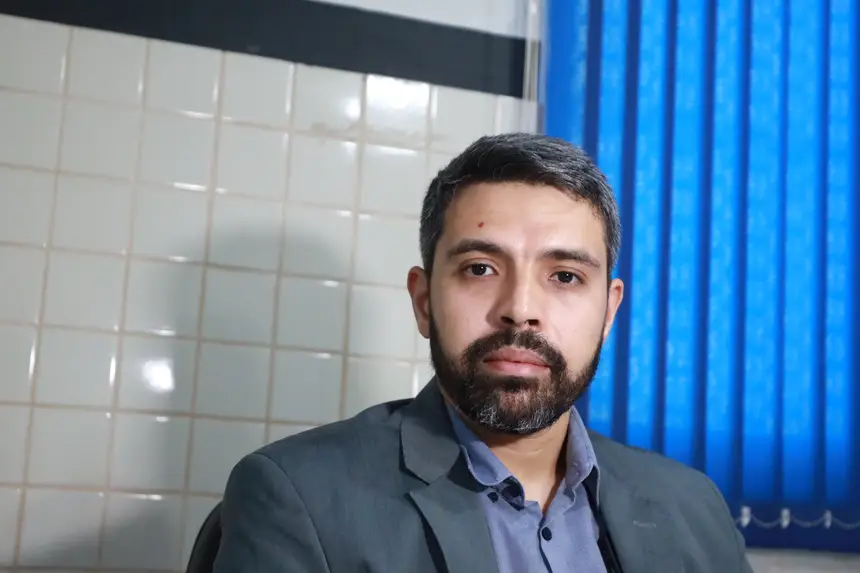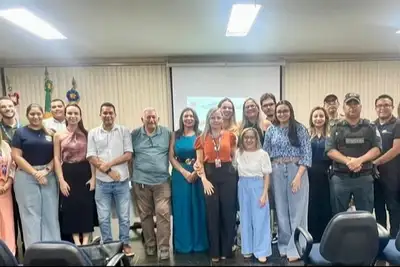Civil and Scientific Police reinforce national DNA collection campaign from MJSP to help find missing persons
The initiative takes place from August 5 to 15 and aims to expand the genetic database to facilitate identifications throughout the country
The Government of Pará, through the Civil Police (PCPA) and the Scientific Police of Pará (PCEPA), participates in the 2025 edition of the National DNA Collection Campaign for Relatives of Missing Persons, promoted by the Ministry of Justice and Public Security (MJSP). The launch took place this Tuesday (5) in Brasília (DF), with actions scheduled across the country until August 15.
The initiative aims to encourage relatives of missing persons to donate genetic material, which will be analyzed and compared with profiles stored in state databases and the National Genetic Profile Database. The data cross-referencing can lead to the identification of missing persons, whether alive or deceased, with unknown identities.
Integrated action in Pará
In the state, the campaign is executed in an integrated manner by the Missing Persons Delegation (DPD) of the Civil Police and the Forensic Genetics Laboratory of the Scientific Police. To participate, it is necessary for the relative to file a police report at any Civil Police unit.
“The Civil Police, together with the Scientific Police and other security agencies, is united in this national effort. Our role is to register occurrences and refer relatives who are willing to donate biological material to the Scientific Police,” explained delegate Maurício Andrade Teixeira, head of the DPD. He emphasizes that, in the case of missing children or adolescents, the report should be made at the Specialized Delegation for the Care of Children and Adolescents (Deaca).
DNA collection in Pará
Collections are carried out at the headquarters of the Scientific Police of Pará, from Monday to Friday, from 8 am to 12 pm and from 2 pm to 6 pm. Relatives are referred based on the registered police report.
The coordinator of the Forensic Genetics Laboratory of PCEPA, criminal expert Elzemar Rodrigues, explains that direct blood relatives, such as parents, siblings (preferably from both mother and father), and biological children, can donate biological material.
“The collection can be done with cells from the oral mucosa, through a swab, or with blood. The genetic profile is processed, entered into the local database, and, if there is no compatibility, sent to the National Genetic Profile Database,” details the coordinator.
According to Elzemar Rodrigues, if there is suspicion that the missing person may be outside Brazil, searches can also be extended to international databases. She reminds that, although the campaign has a period of national prominence, the collection of genetic material occurs continuously throughout the year.
Results and awareness
This is the third edition of the campaign. In 2024, 1,645 samples were collected, and 35 people were identified through genetic profiles. The survey indicates cases of identification within states and also in cross-references between different units of the Federation, thanks to the National Genetic Profile Database.
During the launch of the campaign, the MJSP also presented the digital booklet Transforming Numbers into Stories, which gathers accounts of nine people identified in the previous edition. The publication aims to give visibility to the stories behind the data and raise awareness among other families to participate in the initiative.
Service
National DNA Collection Campaign for Relatives of Missing Persons – Edition 2025
Period: August 5 to 15
Collection location in Pará: Scientific Police of Pará
Hours: Monday to Friday, from 8 am to 12 pm and from 2 pm to 6 pm
Requirement: Filing a police report at any Civil Police unit
More information and collection locations in the country: https://www.gov.br/mj
Text: Ascom MJSP E PCEPA


